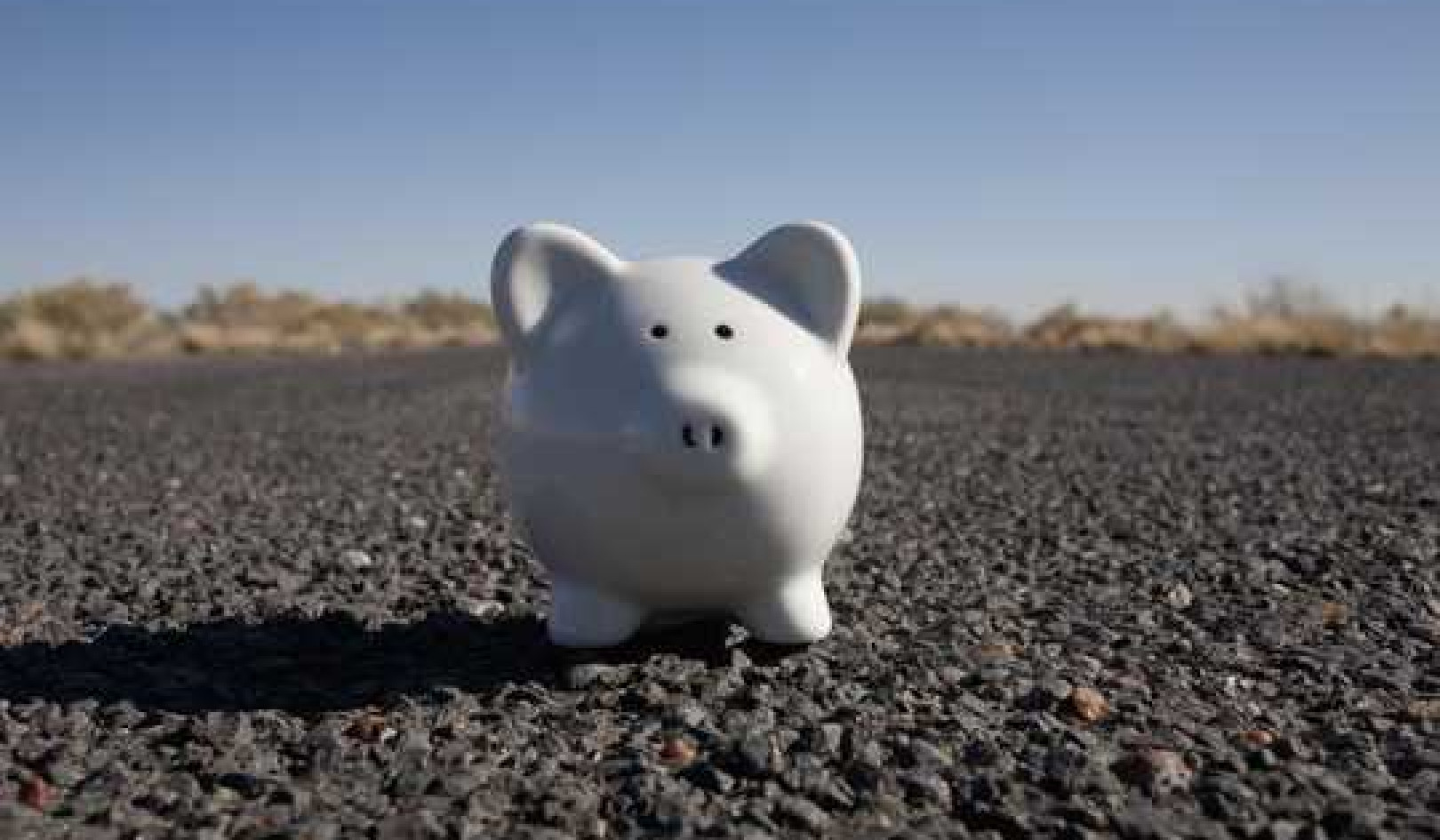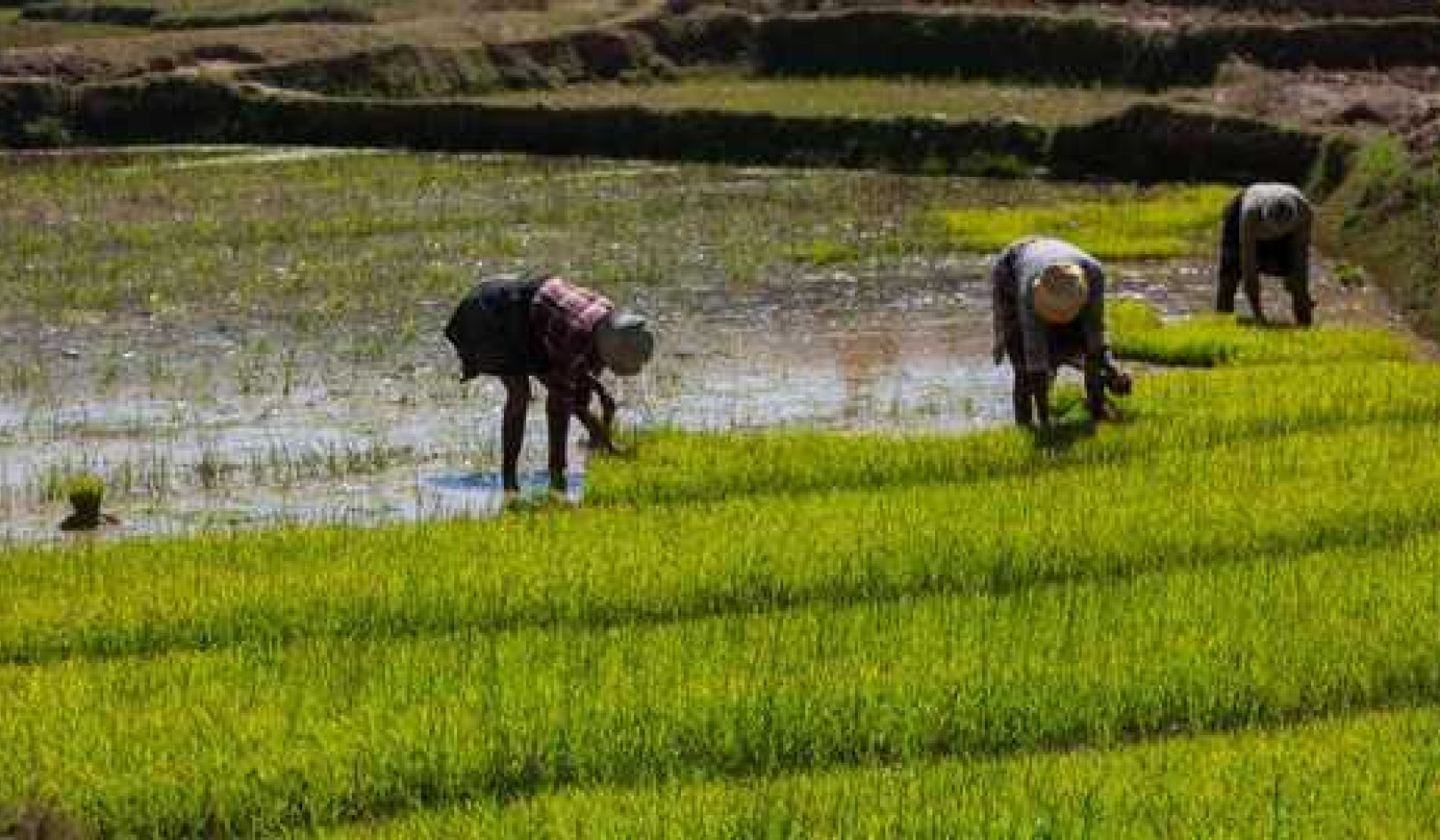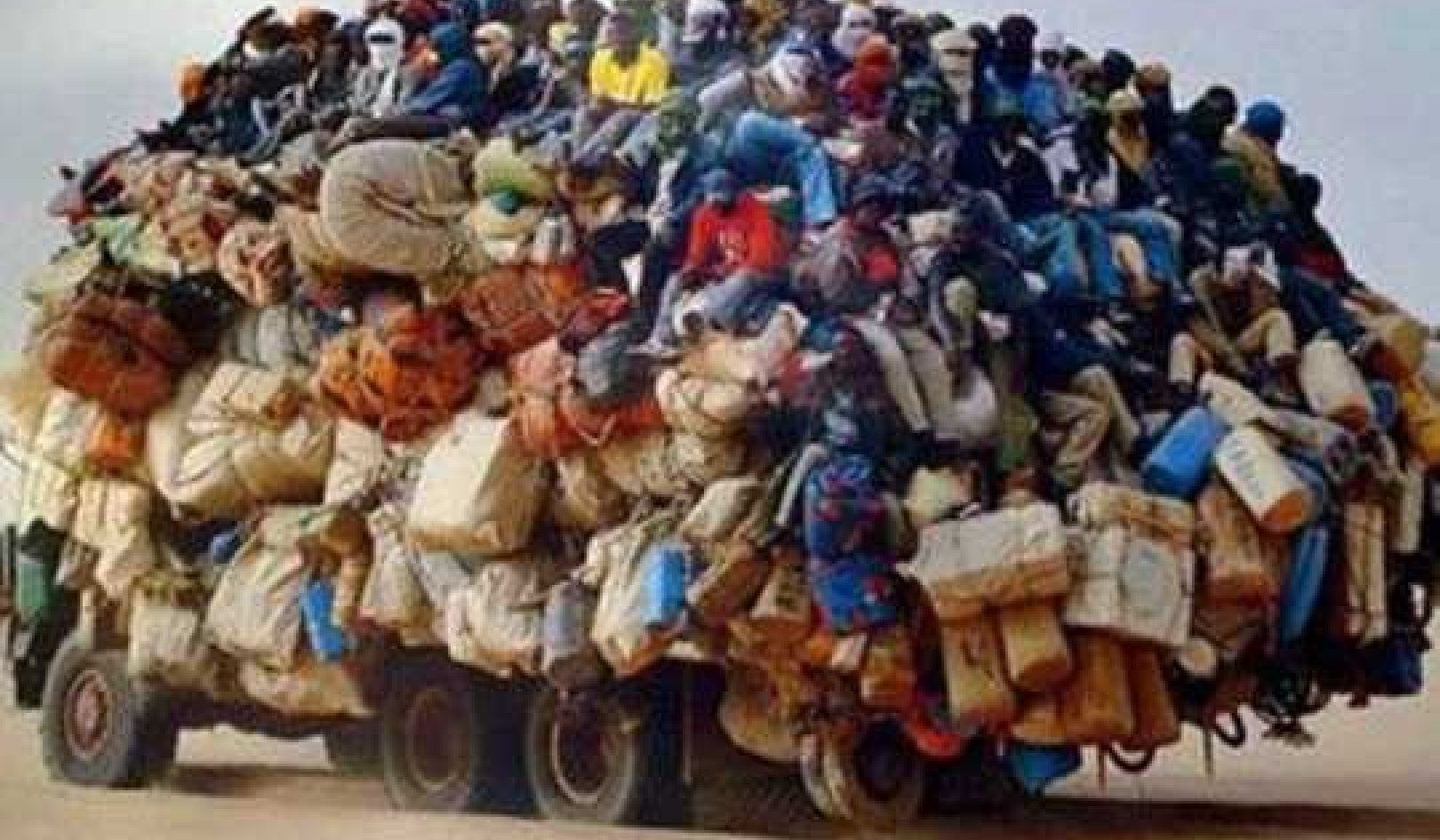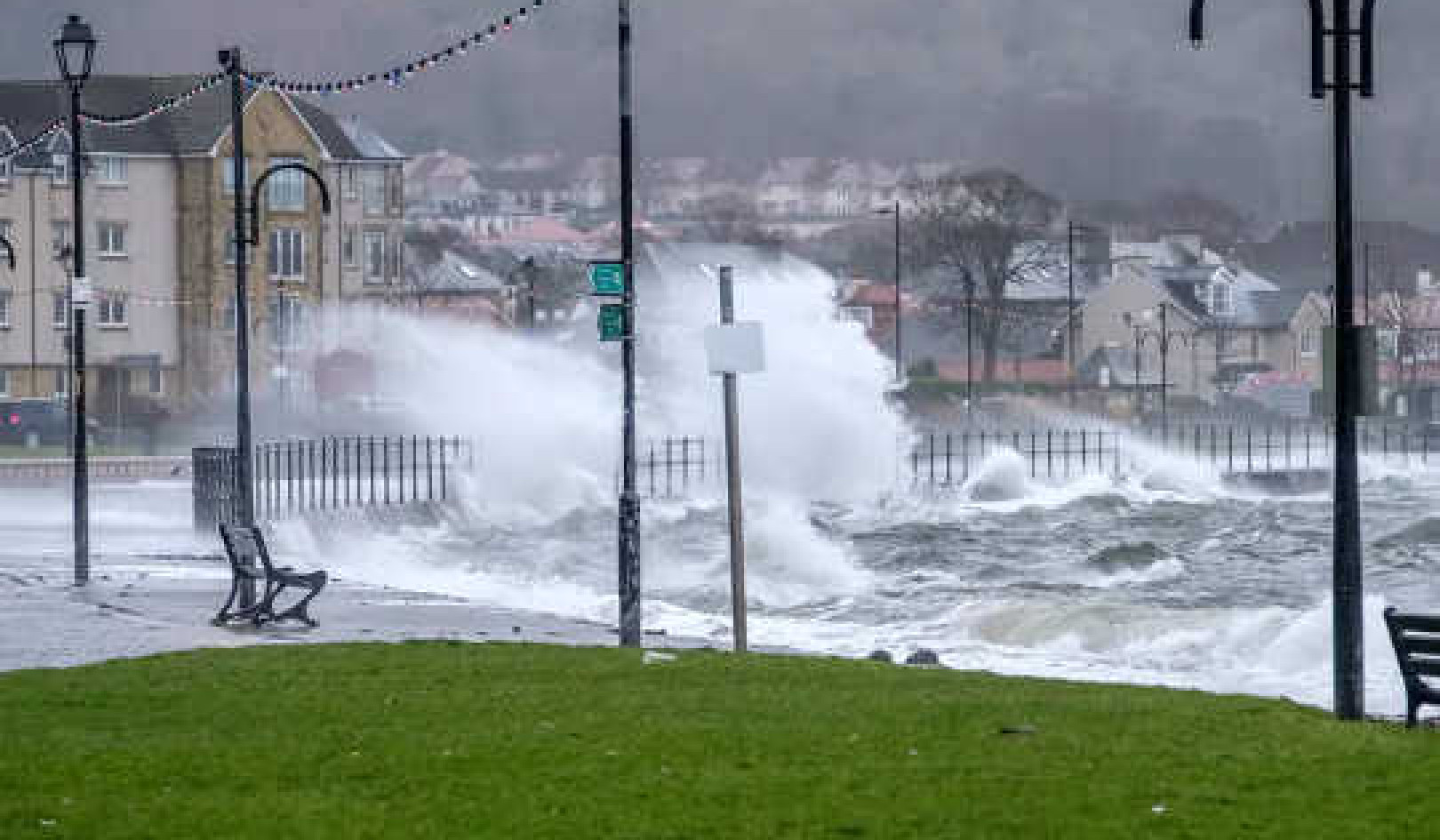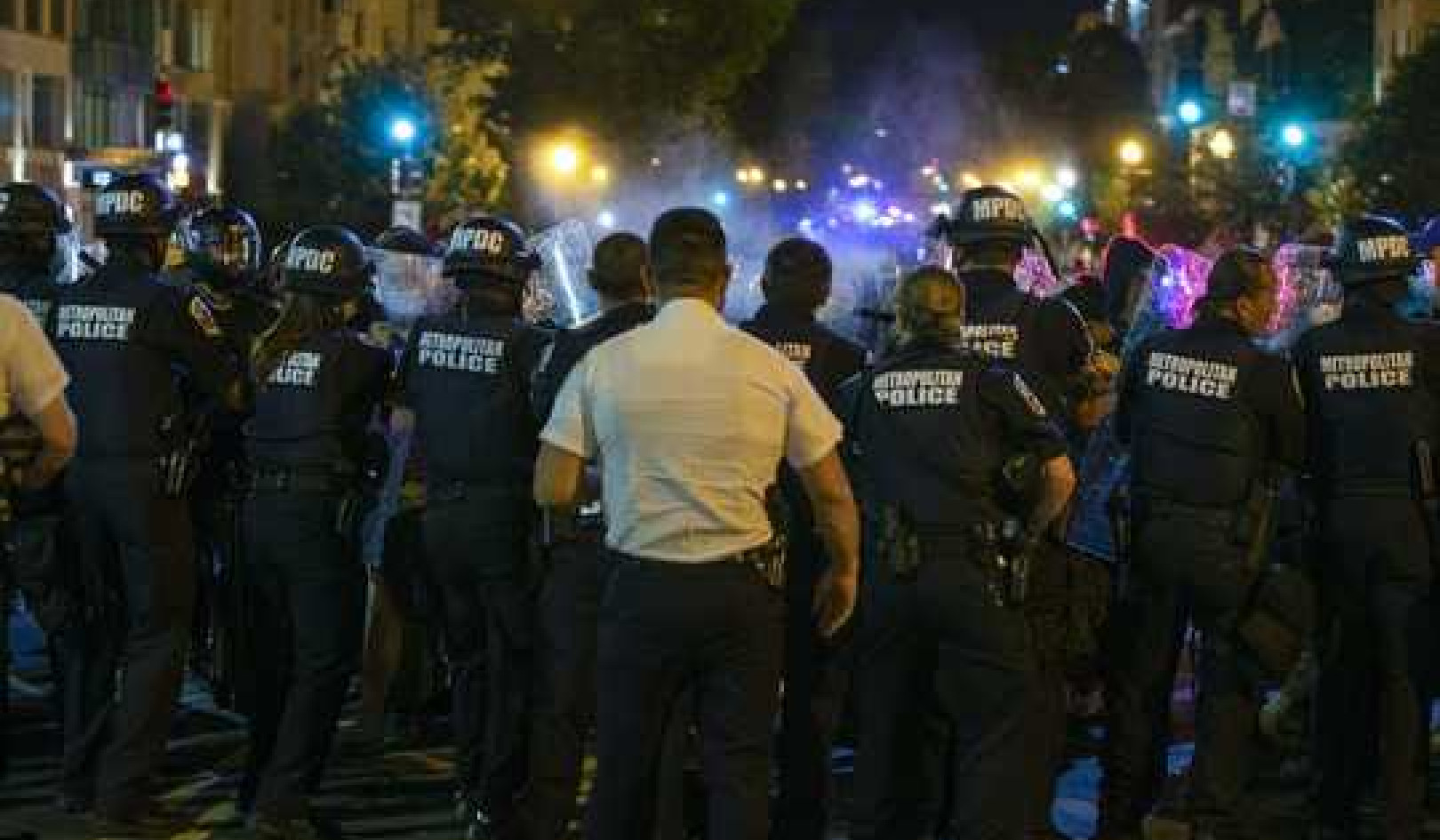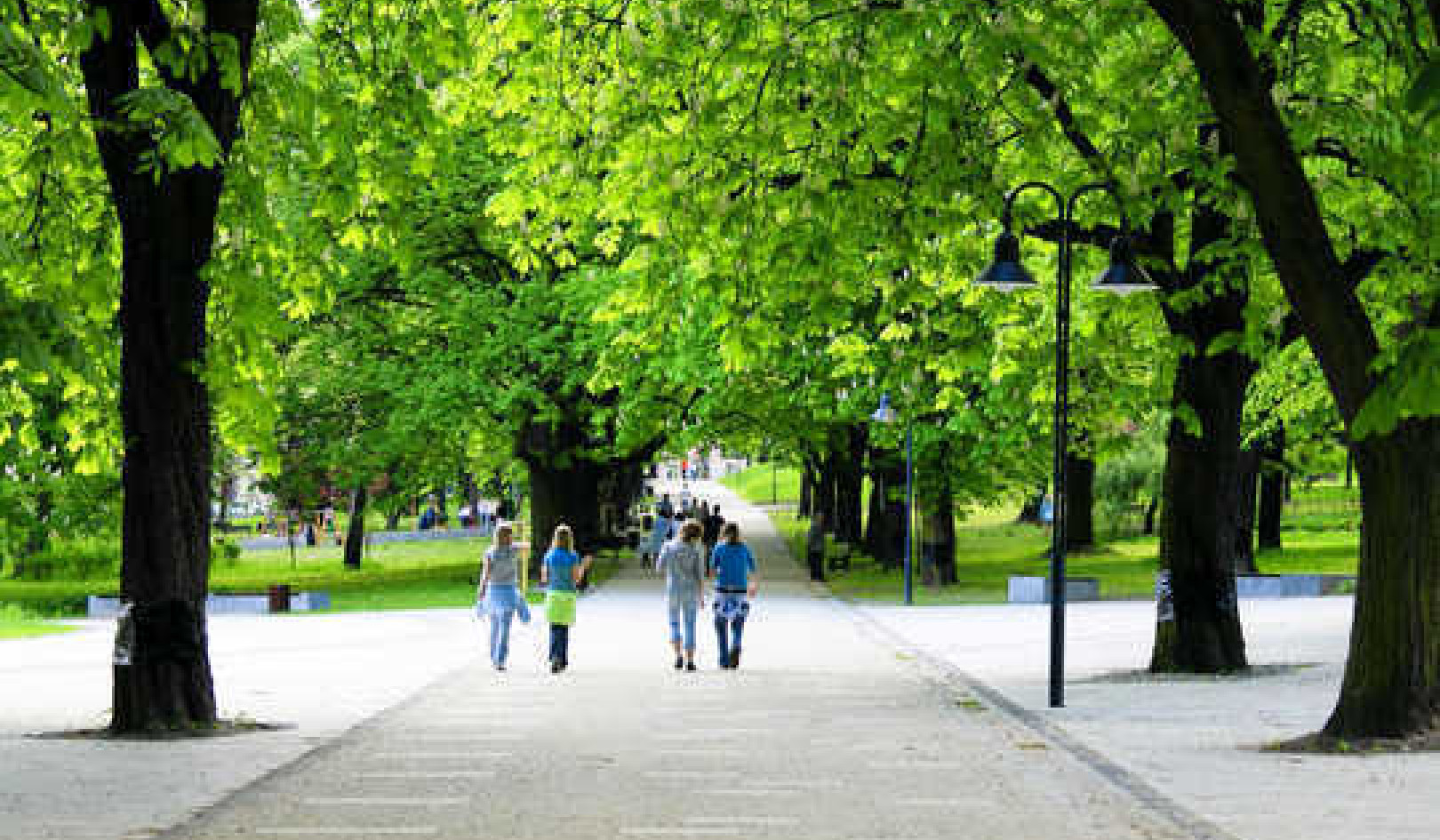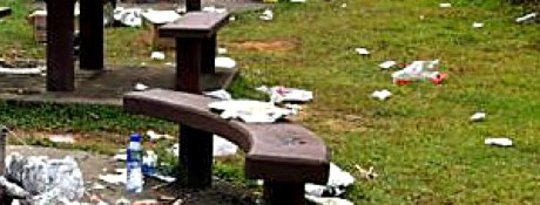
As a high school student, I have seen environmental apathy everywhere. The basic concept among my peers seemed to be "why worry about it -- we're only here for a short time". I believe this attitude could be severely affected by the child's family.
If you don't believe that children don't respect their environment, take a visit to any local high school. If it is anything like mine, you'll find trash everywhere. Don't expect the janitorial staff to pick it all up; too many kids are littering for a small maintenance staff to be able to pick up after them. It shouldn't be their responsibility anyway. The children themselves need to learn not to litter.
At lunch one day, I became truly frustrated with this dilemma. I saw a girl outside toss a tray still laden with food into a packed parking lot. When I approached her and asked her why she didn't throw it away when there was a trash can only a short walk away, she simply replied, "Why should I care what this place looks like? It's only school." She didn't seem to understand that litter doesn't just affect one place. This shows a true lack of environmental education.
Recycling and All of We
You need to have an active role in your child's education about the world around them. Children who never have environmental issues discussed with them seem to not care one way or the other. The influence of a parent or guardian on a child is immense.
Children learn their manners and form opinions based a lot on how they were raised. If your child observes you littering, what is to stop them from doing the same? If you recycle, your child will probably grow used to it and continue the good habit of recycling in their later years. Recycling is something I think my family has done for most of my life. I doubt I would ever stop recycling.
You Can Make A Difference
Explain to your child that they can make a difference. Too many kids are walking around thinking they're too insignificant to make any real change to the environment. They need to understand that just by picking up one piece of litter a day, they could help preserve the environment for years to come.
If your child believes they shouldn't bother with the environment because they doubt it will be affected while they're living, take time to ask them how they'd like their children living in a smog ridden world where you can't walk without stepping in litter. You could also point out how drastically pollution has affected our environment since the beginning of the industrial age. It's only been about a hundred years and the ozone layer is already depleting.
Getting Involved
I'm sure this has been recommended several times over, but involvement will open up your child's eyes. Have them participate in cleaning up a park. Join the GreenPeace Foundation. Anything to let your child see the problems facing the world today.
Maybe the problem isn't even your child; maybe it's you. Do you care what's happening to the world? If not, how can you expect your child to? As I've said before, just look at how much our environment has changed since the industrial period -- maybe you will realize a few things for yourself.
About the Author
At the time of this writing, Stacie Bland was attending high school. Being mostly a fictional author, she was new to writing about personal experiences and opinions.
Recommended Book:
The Great Neighborhood Book: A Do-it-Yourself Guide to Placemaking
by Jay Walljasper.
 The Great Neighborhood Book explains how most struggling communities can be revived, not by vast infusions of cash, not by government, but by the people who live there. The author addresses such challenges as traffic control, crime, comfort and safety, and developing economic vitality. Using a technique called “placemaking”—the process of transforming public space—this exciting guide offers inspiring real-life examples that show the magic that happens when individuals take small steps and motivate others to make change. This book will motivate not only neighborhood activists and concerned citizens but also urban planners, developers, and policymakers.
The Great Neighborhood Book explains how most struggling communities can be revived, not by vast infusions of cash, not by government, but by the people who live there. The author addresses such challenges as traffic control, crime, comfort and safety, and developing economic vitality. Using a technique called “placemaking”—the process of transforming public space—this exciting guide offers inspiring real-life examples that show the magic that happens when individuals take small steps and motivate others to make change. This book will motivate not only neighborhood activists and concerned citizens but also urban planners, developers, and policymakers.
Click here for more info or to order this book on Amazon.



















